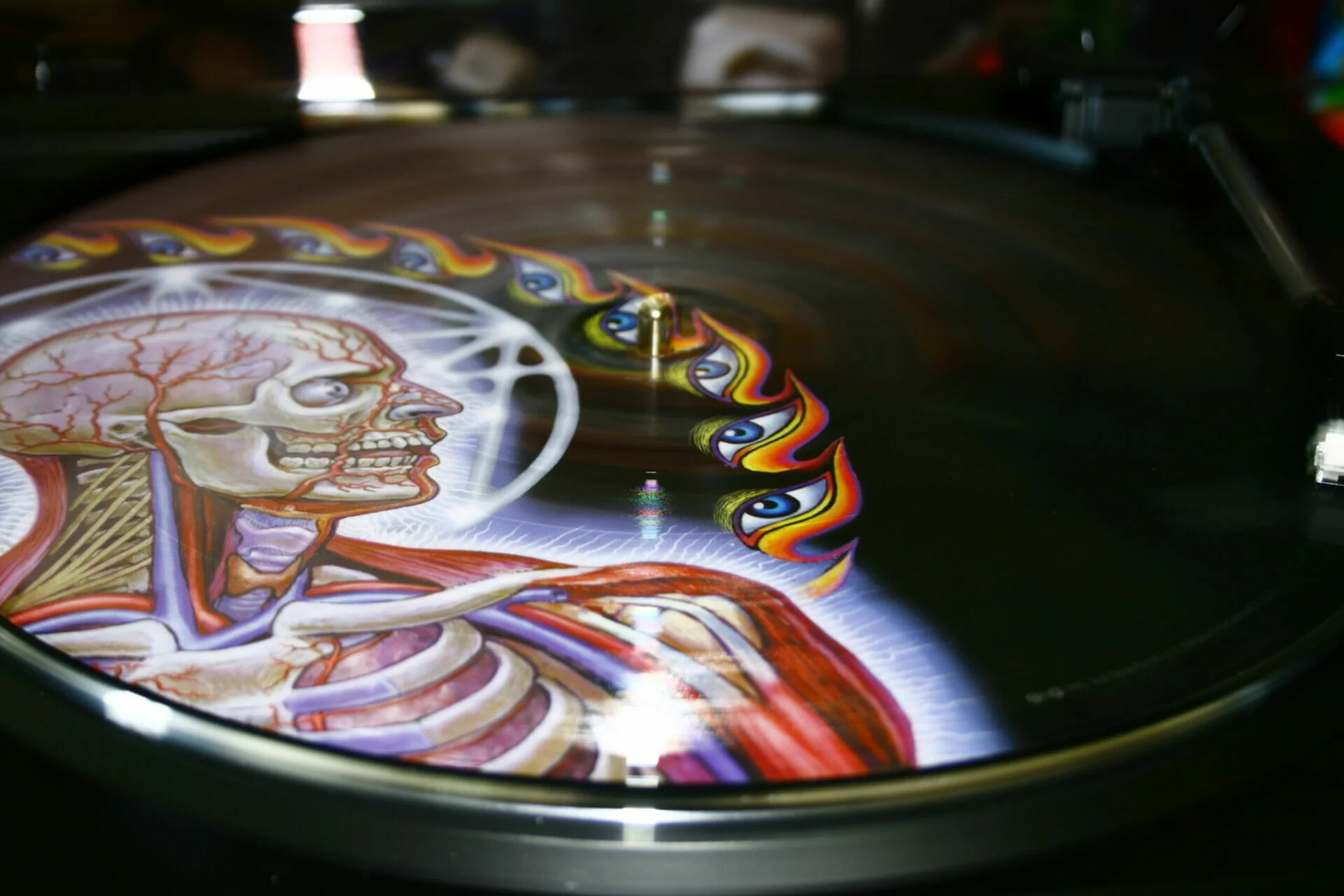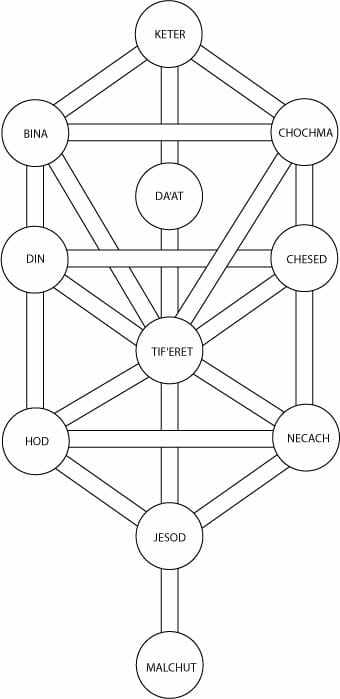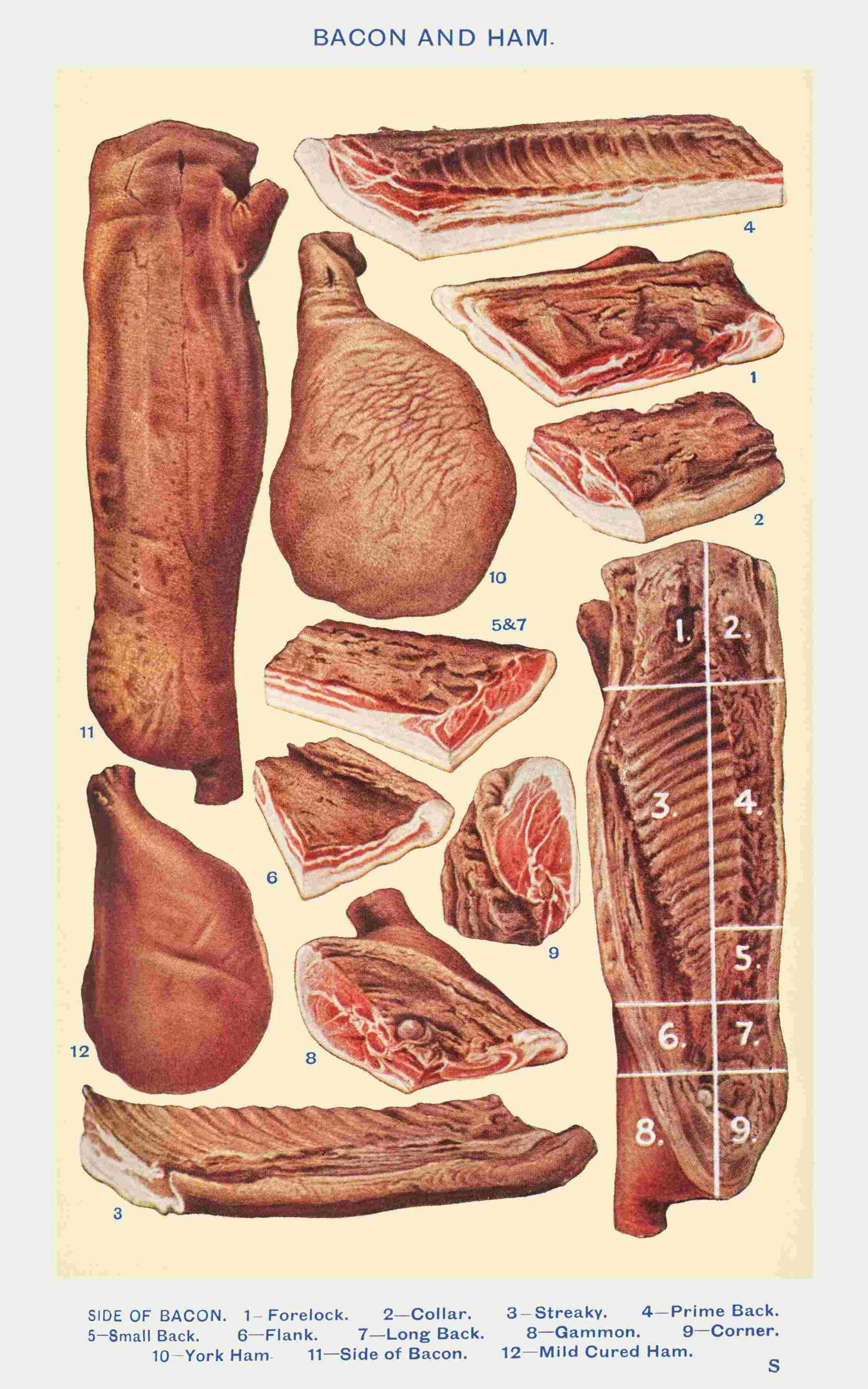
Lateralus | Music aimed at ascension
Artist
Year
Country
Tracks
Runtime
Written by
Produced by
Subgenre
Label
Formation
Country
Lateralus (2001) is the third LP recorded by Tool 5 years after their previous album, Ænima, both released under the Volcano Records label.
What seemed like a considerable time delay between the release of the two albums will become something of a recurring theme wait, considering the 13 years it would then take to hear the American alternative metal band’s latest work at the time of writing, Fear Inoculum (2019). Lateralus would emerge as a critically acclaimed record as a 21st century alternative rock milestone, inspiring bands such as Deftones, Porcupine Tree, Autolux, Soen and others.
Even a prominent Pitchfork review that assigned 1.9 out of 10 to them will, in posterity, be analyzed by some critics for that reason, as an attempt to use the indignation and anger arising from that counter-current judgment as a promotional activity for the platform.
David Bottril‘s (Peter Gabriel, dEUS, Dream Theater, King Crimson et al.) production of the album, formerly featured in Ænima, consolidates the transition of Tool‘s sound from a mix of Primus and emotional grunge outbursts from Soundgarden‘s and Nirvana‘s memory, to progressive and rational rock music, built on rigid structure of granite sound levels.
Rock sound geometrical re-shaped
The sound obtained by the band in Lateralus seems to reach the listener’s ears as geometric vivisection of the frequency spectrum.
The sound elements, namely Danny Carey‘s polyrhythmic drum work accompanied by Justin Chancellor‘s bass and Adam Jones‘s guitars, appear surgically superimposed, leading to the construction of pressing harmonic and rhythmic patterns, which singer Maynard James Keenan capably rides, as he will sing in the title-track:
Maynard James Keenan sings in Lateralus:
We’ll ride the spiral to the end.
And may just go where no one’s been.
Spiral out, keep going.
Sacred geometry quotes will appear multiple times in Lateralus. Sacred geometry attributes spiritual meanings to the usage of certain geometric patterns and proportions through cultural works, as in music or painting. This belief comes from meeting this patterns in the roots of some living being and natural forms, as in the chambered nautilus shell, that grows as a logarithmic spiral to protect the body of the animal, or with honeybees that builds inside their hives hexagonal cells to hold their honey. The title-track Lateralus lyrics starts with a direct reference to the Fibonacci sequence, a sequence of numbers in which each number is the exact sum of the two preceding ones. The discovery of this numerical sequence is attributed to Indian mathematicians in 1200 BCE linked to the Sanskrit tradition.
Lateralus title-track:
Black (1)
Then (1)
White are (2)
All I see (3)
In my infancy (5)
Red and yellow then came to be (8)
1+1 = 2
2+1 = 3
2+3 = 5
3+5 = 8
…
Music and painting as communication medium in Lateralus
This symbolism becomes less hidden in the album artwork, edited by Alex Grey. The American artist, together with his wife Allyson, are the founders of the Chapel of Sacred Mirrors (CoSM), a sanctuary for spiritual renewal through contemplation of transformative art, based in New York. Inside the sanctuary is possible to admire many artworks, paintings and installations on the thread of the practice of art as spiritual path.
A historical collaborator of the band, the art of Alex Grey has its roots in the representation of an implicit connection between both matter and spirit of the human being, highlighting the dreamlike aspects of the terrestrial experience, in perfect balance with the message that the Tool convey with their music.
It is also possible to interact physically with the concept in the disk’s layered booklet.
A deep research behind the Lateralus lyrics
This connection between meanings and symbols becomes complementary in the understanding of Lateralus, where the meticulousness and research of songwriting brings the listening experience closer at least to a session of transcendental meditation. By using the magnifying glass on the rather cryptic lyrics, the listener can make his own the message that Tool wants to convey with the album.
In The Grudge song:
Saturn ascends
Choose one or ten
Hang on or be humbled again
There is no lack indeed of esoteric and astrological references throughout the album. In first track The Grudge, “Saturn ascends” refers to the cycle that Saturn accomplishes every 27-29 years, and according MJK (Tool’s singer Maynard James Keenan):
MJK said:
Definitely the majority of the record is about re-communication,
about understanding where you are in reference to where you’ve been
and where you’re going. It’s the process of letting go of old baggage
and the evaluation of your place. If you’re into astrology or any of
that kind of stuff, there’s a process called the Saturn Return–your
30-year cycle. It’s something like a mid-life crisis, where you step
back and reevaluating.
This consideration released by MJK wrap-ups the mention to the Jewish Kabbalah’s Tree of Life in the following two lines, where “Choose one or ten, hang on or be humbled again” is about choosing between the spheres of Sephiroth, where one is Keter and ten is Malchut.

Via Wikimedia Commons/CC0.
The spheres of Sephiroth are energetically ordered, so Keter represents the primordial state while Malchut represents the divine essence, the point almost unattainable by the human being. In this sense, certainly MJK invites us to choose between learning on our experiences and aspiring to ascension, or delve at the starting point, making the same mistakes over and over again.
Eyes wide open
Basically the sustained playing time of the album tracks is broken up by some interludes, such as Eon Blue Apocalypse, Mantra and the singular conclusion of the album.
In Faap De Oiad, translated from Icelandic literally ‘Voice of God’, a radio intervention is inserted, during the Coast to Coast AM broadcast. A listener who declared himself employed in Area 51, subsequently fired, nervously admits the presence of alien infiltrations within the United States military body.
Later the same person who made those statements will admit that it was a joke, but considering the strange order of events under discussion, this ending of the album leaves the door open for retrospectives on the main themes of awareness covered during the disc.
Finally, Lateralus represents a closed casket that, with the appropriate key, reveals treasures that can enrich the listener with awareness of the human condition and an introspective look at the process that is life as an earthly experience.
Tag
Buy a ☕ for Hypercritic





